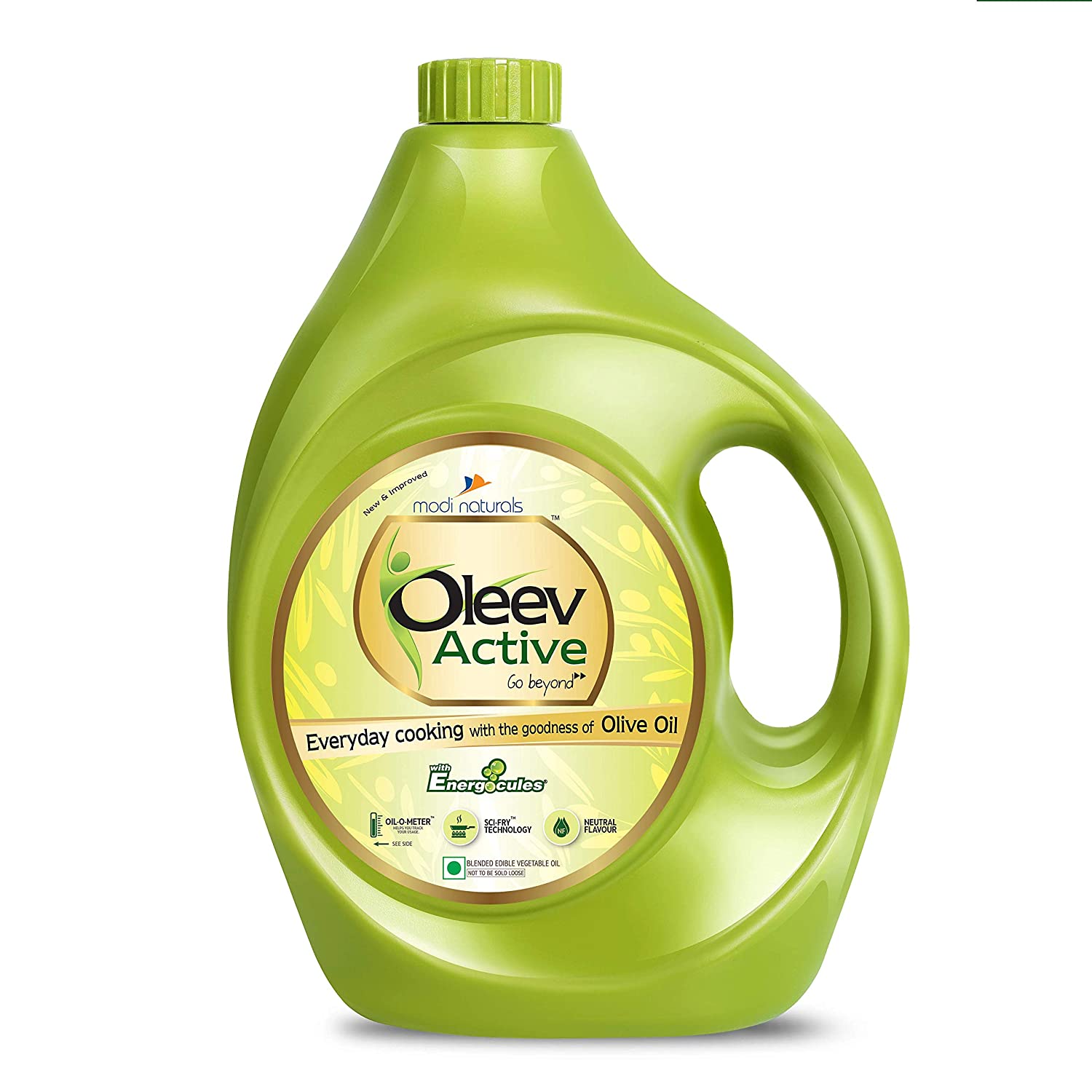Squalene
Macronutrient
Last update date: October 11, 2023
Squalene is a polyunsaturated hydrocarbon liquid, colourless in characteristic. It is found in animals and plants, including human sebum (natural oil released by skin and hair).
Frequently Asked Questions
1.
What is Squalene?
Squalane is a naturally occurring lipid that is produced by your own skin cells. However, as you age, the production of squalane decreases, resulting in drier and rougher skin. Interestingly, squalane is not only found in humans but also occurs naturally in certain plants like olives, rice bran, and sugarcane. It is also harvested from the livers of sharks.
2.
What is positive impact of Squalene?
Squalane provides numerous benefits for your skin. It is an excellent moisturizer that effectively hydrates and nourishes your skin, leaving it feeling soft, smooth, and supple. By restoring moisture, squalane can improve the appearance of dry and dehydrated skin, reducing flakiness and promoting a more youthful complexion. Its lightweight and non-greasy texture make it suitable for all skin types, including oily and acne-prone skin. Additionally, squalane possesses antioxidant properties, offering protection against environmental damage and oxidative stress. It is gentle and non-irritating, making it suitable even for those with sensitive skin.
3.
What is negative impact of Squalene?
While squalane is generally safe for most people, there are a few potential considerations to keep in mind. In rare cases, individuals with extremely sensitive skin may experience minor skin irritation or allergic reactions. It's important to patch test any new product containing squalane before applying it to a larger area of your skin. Additionally, as mentioned earlier, squalane can be obtained from shark livers, which raises ethical concerns due to the impact on shark populations. However, there are sustainable and cruelty-free sources of squalane available that are derived from plant-based alternatives.
4.
Who should avoid Squalene?
Most individuals can safely use squalane without any issues. However, if you have a known allergy or sensitivity to squalane or any of its derivatives, it's advisable to avoid using products that contain this ingredient. Furthermore, if you prefer to follow a vegan or cruelty-free lifestyle, you may want to choose squalane derived from plant sources instead of shark-derived squalane.
5.
What are common sources of Squalene?
Squalane can be derived from various sources, including plants and animals. Plant-based squalane is typically obtained from olives, rice bran, and sugarcane, making it a sustainable and ethical option. Animal-based squalane is traditionally harvested from the livers of sharks, but due to concerns regarding shark conservation, it is recommended to opt for plant-derived squalane instead. Many skincare products now use plant-derived squalane as a key ingredient, ensuring its availability for consumers who prefer cruelty-free options.
6.
Which are symtoms of Squalene deficiency?
As squalane is naturally produced by your skin, a deficiency specifically in squalane is not a common concern. However, the natural decline in squalane production that occurs with aging can lead to dryness and roughness of the skin. This can be addressed by incorporating squalane into your skincare routine, either through topical application or by using products that contain squalane. By replenishing the skin's moisture barrier, squalane helps to combat the signs of aging and maintain a healthy, hydrated complexion.








